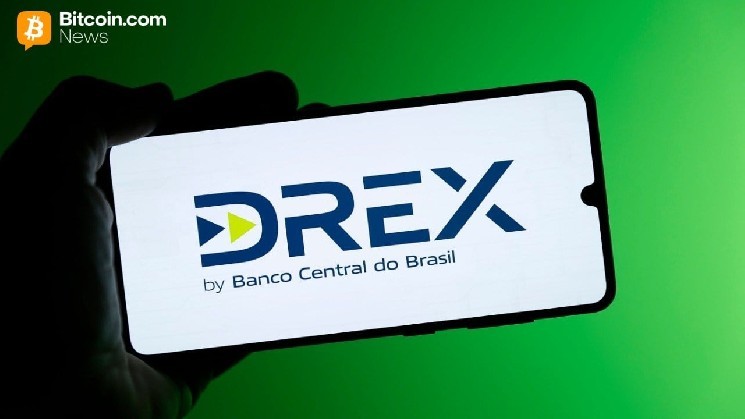Fernando Haddad, Brazil’s finance minister, stated the target of Drex, the nation’s CBDC, is to extend transparency of flows and facilitate monetary transactions. Haddad denied that the federal government would search to exert management or monitor funds utilizing the device.
Brazil’s CBDC Does Not Search Management, Finance Minister States
Fernando Haddad, Brazil’s finance minister, shared his perspective on the implementation of Drex, the nation’s upcoming central financial institution digital forex (CBDC), and the aims behind its introduction to the monetary system.
On a current podcast, Haddad denied that the present administration goals to make use of this new type of cash to manage customers’ flows. He reiterated that the true goal of the tokenized Drex ecosystem is to facilitate monetary transactions for the inhabitants moderately than monitor their funds.
“It has transparency, it doesn’t have management, that’s not what it’s for,” Haddad defined when questioned on the difficulty in a podcast.
The statements reply the detrimental views some residents and even lawmakers, like Julia Zanatta, have on the challenge as a consequence of its disruptive nature. Final 12 months, Zanatta warned concerning the pernicious impact of the extensive adoption of a digital actual, opposing the potential phasing out of bodily cash, taking Drex as an alternative.
Nonetheless, Haddad disregarded these statements, claiming that Drex might deliver visibility to singular person flows, like tax breaks.
Additionally, Haddad criticized the excessive transaction prices in Brazil, given the massive variety of middlemen concerned. “There’s at all times somebody in the way in which, there’s at all times a toll. Proper now, we’ve handed a legislation to control competitors from massive tech, as a result of they cost tolls for all the things,” he assessed.
Lastly, he highlighted that the challenge has been going through some difficulties linked to the current Pix hack and the way the central financial institution handled it.
Drex is predicted to finish its present pilot part in 2026, dropping its blockchain part and addressing different related points to make it accessible for Brazilian residents as quickly as potential, with a full implementation estimated to be possible by 2030.


